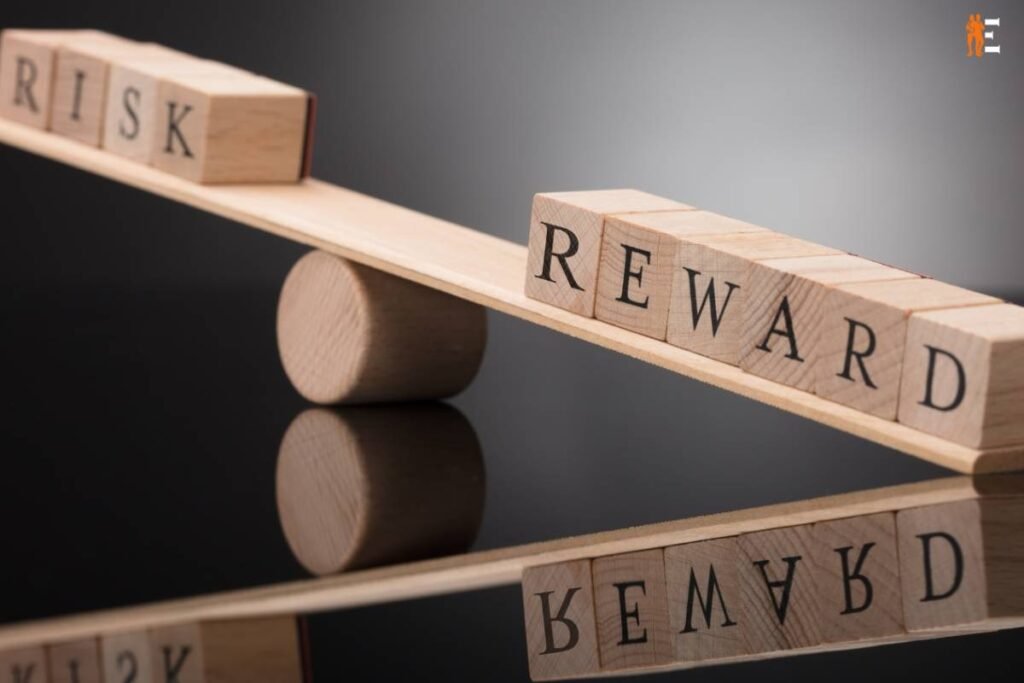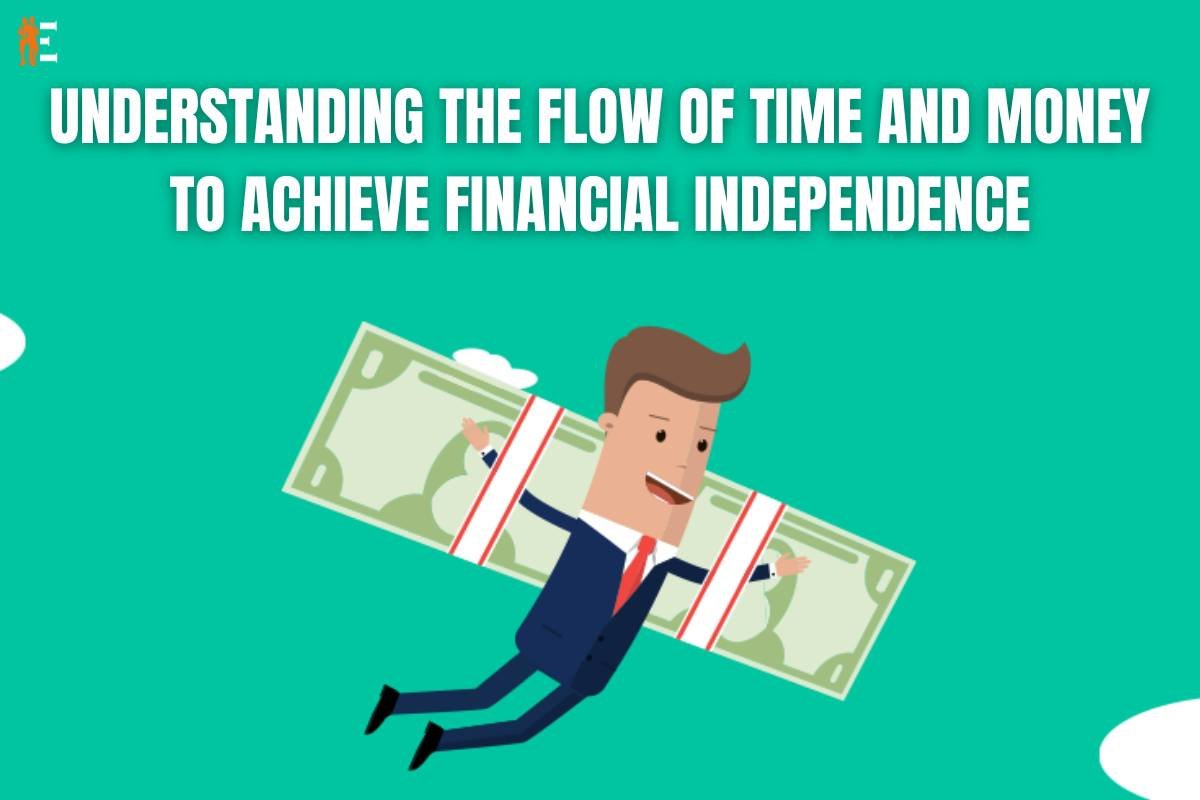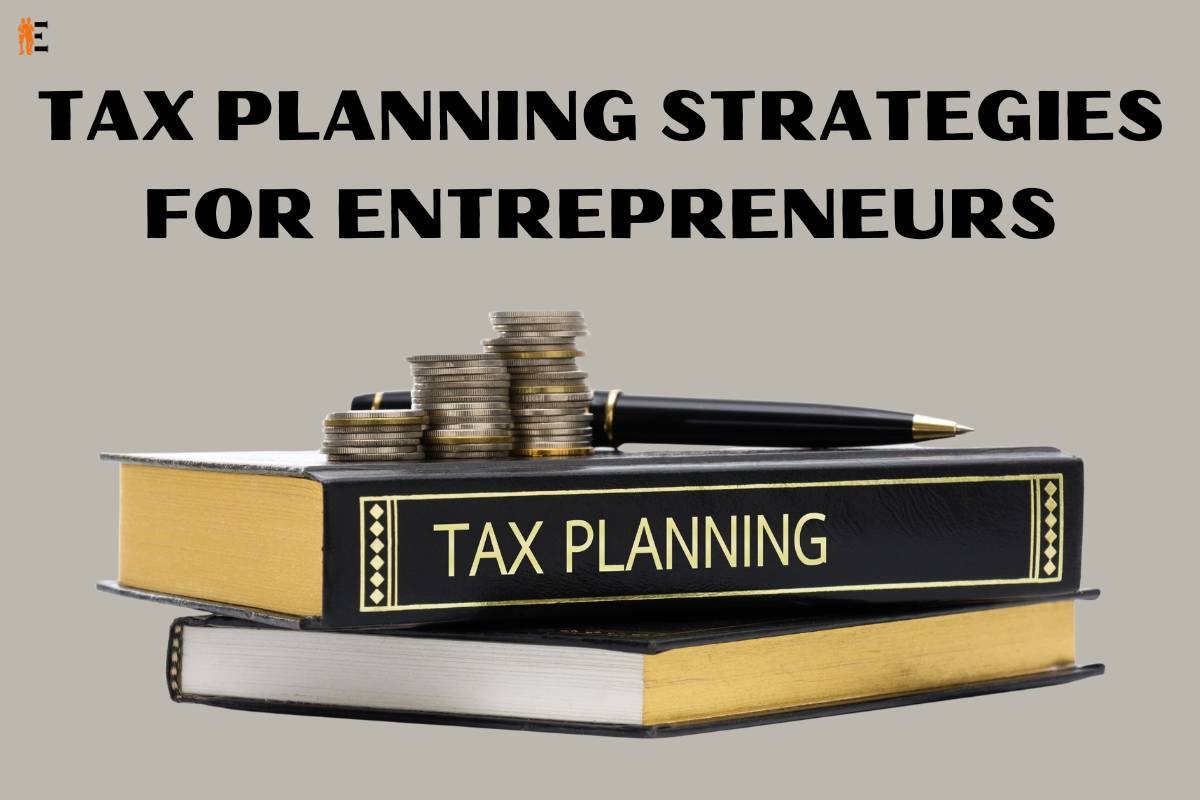Achieving financial independence is a goal for many individuals. However, it requires an understanding of the flow of time and money. Time and money are interconnected, and how you manage them can impact your ability to achieve financial independence. In this article, we’ll discuss the flow of time and money, and how you can use this knowledge to achieve Financial Independence.
Here are 3 things to know about the Flow of Time and Money to Achieve Financial Independence:
1. The Flow of Time and Money
Time and money are two essential resources that we all have. Time is finite and cannot be bought or sold, while money can be earned, saved, and invested. However, the way we use these resources can impact our financial well-being.
The flow of time and money can be described as a cycle, where time is exchanged for money, and money is exchanged for goods and services. The goal is to optimize this cycle to achieve financial independence.

The cycle starts with earning money, which can be done through various sources such as a job, a business, or investments. The next step is to manage the money earned by budgeting, saving, and investing. Budgeting involves setting aside a portion of the money earned for expenses such as bills, groceries, and entertainment. Saving involves setting aside a portion of the money earned for emergencies, big purchases, or retirement. Investing involves using the money saved to generate passive income or to grow your wealth.
The last step is to use the money saved and invested to buy goods and services, such as a house, a car, or a vacation. The goal is to optimize this cycle by maximizing the amount of money earned, minimizing expenses, and investing wisely.
2. Understanding the Flow of Time and Money

To achieve financial independence, it’s essential to understand the flow of time and money. Here are some key concepts to keep in mind:
- Opportunity Cost: The concept of opportunity cost refers to the value of the next best alternative that is forgone when a decision is made. In other words, every time you spend money on something, you’re giving up the opportunity to use that money for something else. For example, if you decide to buy a new car, you’re giving up the opportunity to invest that money and generate passive income.
- Compound Interest: Compound interest is the interest earned on the initial investment plus the interest earned on the accumulated interest. Over time, compound interest can significantly grow your wealth. For example, if you invest $1,000 at an annual interest rate of 5%, after 10 years, you’ll have $1,628.89.
- Time Value of Money: The time value of money refers to the idea that money available today is worth more than the same amount of money in the future due to its potential earning capacity. In other words, the longer you wait to invest, the less time your money has to grow. Therefore, it’s essential to start investing as early as possible to take advantage of the time value of money.
- Risk vs. Reward: Investing involves risk, and the higher the risk, the higher the potential reward. However, it’s essential to balance risk and reward to ensure that your investments align with your financial goals and risk tolerance.
- Diversification: Diversification involves spreading your investments across different asset classes and sectors to minimize risk. By diversifying, you can reduce the impact of market volatility and potentially increase your returns.
3. Achieving Financial Independence
Achieving financial independence requires discipline, patience, and a long-term perspective. Here are some strategies that can help you achieve financial independence:
- Create a Budget: Creating a budget involves tracking your income and expenses to understand where your money is going. By creating a budget, you can identify areas where you can reduce your expenses and allocate more money toward savings and investments.
- Save and Invest Early: The earlier you start saving and investing, the more time your money has to grow. This can significantly impact your ability to achieve financial independence. Set a savings goal, such as saving 20% of your income, and start investing in a diversified portfolio that aligns with your financial goals and risk tolerance.
- Minimize Debt: Debt can be a significant barrier to achieving financial independence. High-interest debt, such as credit card debt, can accumulate quickly and eat into your income. Prioritize paying off high-interest debt, and avoid taking on new debt unless it’s necessary.
- Increase Income: Increasing your income can help you achieve financial independence faster. Look for ways to earn more money, such as taking on a side hustle or investing in a business.
- Stay Focused on Long-Term Goals: Achieving financial independence takes time, and it’s important to stay focused on your long-term goals. Don’t get discouraged by setbacks or market volatility. Stay disciplined, and continue to invest consistently over the long term.
- Reassess and Adjust Your Strategy: As your financial situation and goals change, it’s important to reassess and adjust your strategy. Regularly review your budget, investments, and debt to ensure that they align with your financial goals.

BOTTOM LINE
Achieving financial independence requires an understanding of the flow of time and money. By optimizing this cycle and maximizing the amount of money earned, minimizing expenses, and investing wisely, you can achieve financial independence over time. Remember to stay disciplined, focused on your long-term goals, and adjust your strategy as needed. With patience and persistence, you can achieve financial independence and live the life you want.











